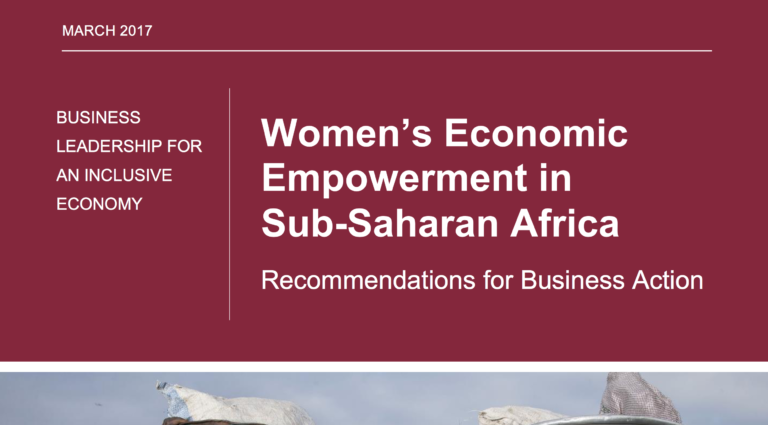Mining Industry Brief: Women’s Economic Empowerment in Sub-Saharan Africa – Recommendations for the Mining Sector
This brief provides an overview of the mining industry’s role in sub-Saharan Africa and shares key findings on the impact of the industry on women in the region, as well as key challenges women face in economic advancement as direct...

